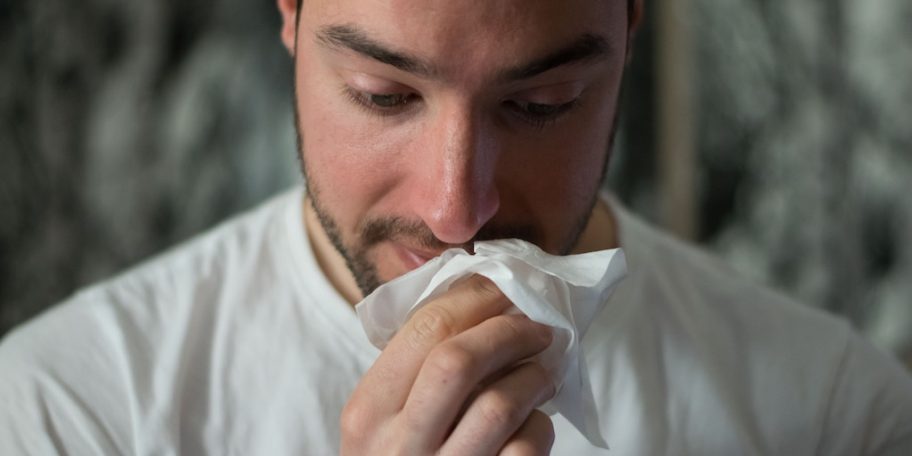Allergy Shots-are they right for you?
To make the correct decision about allergy shots we have to determine the nature and cause of your symptoms. For instance, while nasal congestion may be due to allergies it could also be due to nasal polyps or a deviated nasal septum. A detailed history with allergy testing and sinus evaluation will help you determine whether your primary problem is allergic, anatomic or infectious. Properly selected patients usually have an excellent response to allergy immunotherapy. Some patients need to start allergy shots earlier because the allergy affects their work (for example, actors and singers).
Immunotherapy, also known as allergy shots, has been an effective means of controlling allergy symptoms for almost one century. In 1911, Dr. Leonard Noon described the first successful treatment of hayfever (Noon L: Prophylactic inoculation against hayfever, Lancet 1572-2, 1911). Since then, millions of allergy sufferers have experienced significant improvement in their symptoms as a result of this therapy.
Allergy shots are injections of purified allergens (such as pollens, molds and pet dander). With injections of gradually increasing amounts of allergen the body becomes hyposensitized (much less allergic). Most people (approximately 85%) experience significant symptomatic relief. Allergy shots reduce sensitivity to allegens helping the patient become much less allergic to the allergens. They can significantly improve quality of life and studies have shown that the benefit of allergy shots may continue for years after shots are discontinued.
As long as you don’t have serious health problems (serious heart ailments or poorly controlled asthma) you can get allergy shots.
Risks
Because you are receiving injections of the very things to which you are allergic, there is a chance that you may have an allergic reaction (rarely this may be severe) to a shot. For this reason all patients must wait 20-30 minutes after each injection and have their injection sites (upper arms) checked before leaving. You may also experience local swelling at the site of the shot. Please inform the staff if you have had any delayed reaction to the previous shot.
Alternatives
The best treatment for any allergy is avoidance of the trigger. Depending upon the nature of your allergy symptoms, medication and allergen avoidance (where possible) are practical options. Newer allergy treatments (Xolair, an injection for allergic asthma patients) may be an excellent choice for more severe asthmatics and can be combined with allergy shots as well. Sublingual immunotherapy (allergy drops, under the tongue) are a promising therapy but is not standard of care in the US. While some allergists may offer this therapy, they are using allergy serum which is not FDA-approved for this purpose. Single pollen allergy tablets and even dust mite tablets may help but have not been to . You may have heard about a single allergy shot before the pollen season which some doctors administer. This is a high dose long-acting steroid injection, must be given at least annually and has potentially serious side effects especially if repeated year after year.
Schedule of shots
Allergy shots may be given on an acclerated schedule or more gradually depending on what works for you.
Cost
There are 2 charges for the allergy shots: allergy serum preparation and a per visit charge for the shots. Depending on your insurance plan you may have a copay for the shot visit but as long as your deductible is met the serum charge is usually covered by your plan.

